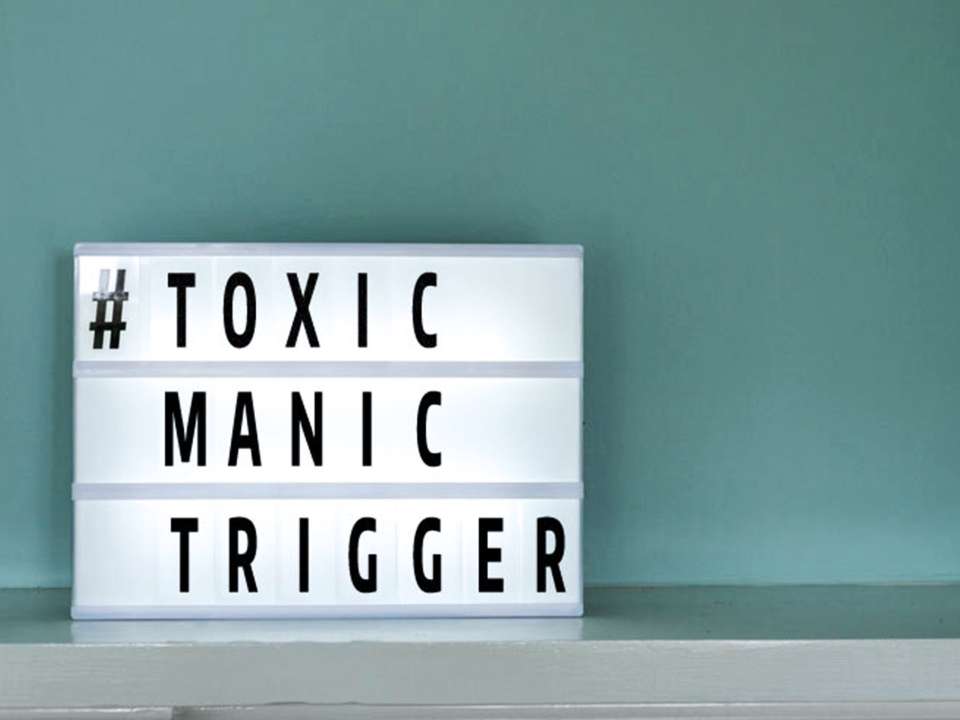
Stressed out? No wonder. Between that elusive work-life balance, reminders to eat healthy and exercise, a barrage of negative news reports, looming climate change, a divisive state of politics and the intrusion of smart devices … you get the idea. There are a lot of reasons to feel on edge all the time.
What’s a frazzled soul to do?
For starters, you can learn some practical relaxation tips. And we know just who to turn to for advice: emergency medicine doctors.
When it comes to stress, few understand it better than they do. Their average workday involves a near-constant state of stress, and they have to stay focused enough to not just do their job but do it well, since lives hang in the balance.
So we consulted emergency medicine doctors Dr. Sachita Shah and Dr. Marie Vrablik, who shared how they de-stress after a day on the job. (Did we mention they both happen to work at Harborview Medical Center, one of the busiest trauma centers in the country?)
“The day-to-day work is what most people would find stressful by nature,” says Shah. “It’s busy, patients are really sick, we don’t have a lot of information about them, and we have to make decisions. The field attracts people who can manage that kind of stress, but also the training we receive sets people up for how to be OK with that stress and not let it affect their ability to do their job.”
Recognize when you’re stressed
The first important step in managing stress is recognizing that it’s there. Maybe you already do, since you’re reading this article. But sometimes stress can sneak up on us and we don’t realize it’s there until we’re in the middle of it.
“People who do my job are used to working in stress and feeling stressed and ignoring it. The danger is when people don’t recognize that in themselves outside of work,” Vrablik says.
She has personal experience with this. During her medical residency, she noticed she couldn’t have long conversations with friends and family. She wanted them to hurry up and get to the point, and she felt upset and impatient when they didn’t.
“It was reflective of how strained I was at work; it was a behavior I’d adopted to survive training. It shocked me that I was affected in my personal life,” she says.
Pay attention to how you’re behaving in different areas of your life. Are there any behaviors that indicate you might be particularly stressed about something but don’t realize it? The more you know, the more you can manage it.
Talk with friends
If you feel like you need support during stressful times, don’t hesitate to reach out to people you can lean on. It can help to talk about what you’re going through with someone who will be empathetic, instead of just keeping your feelings to yourself.
Shah says that the team in Harborview’s emergency department has developed a debriefing routine where everyone will gather after treating patients who are the most injured or ill. It allows the group a chance to reflect on what happened, what went well, what didn’t and how everyone is feeling. It fosters bonding and a sense that everyone is in it together, Shah says.
She also notes that she and her colleagues regularly take one-on-one time to support each other.
“After work, we stay a little later to say, ‘Hey, do you want to go for a walk, go get something to eat or just talk?’” she says.
You may even bond over shared stressors you didn’t realize your friend dealt with, too. If that happens, you can turn to your friends for guidance. If they’ve been through a similar stressful experience, maybe they have tips that will help you get through it.
Keep a journal
There are many ways you can journal. Keep track of major things that happened or a few things you’re grateful for each day. Like talking to someone else, writing about your feelings gets them out of your head, but it’s a private medium where you can plan for how you want to handle things next time.
Both Vrablik and Shah journal about the stressful things in their lives plus detail their successes and failures from the day. In this way, journals serve two purposes: They help you deal with strong emotions, but they also help you consider the bigger picture.
“Every time you write in the failure section, read yourself your last success, and vice versa. It will keep you humble,” Shah says.
Get outside
Science has proven that getting outside has health benefits. (Yes, even on the many dreary days we get in the Pacific Northwest.) So the next time you feel overwhelmed, try finding a way to head outdoors, even if it’s just for a short walk or a few minutes reading out in the sun.
For Vrablik, going outside doesn’t just help her relax but also helps her slow down and be more present. She likes going into the mountains, to the beach or just taking a walk in the park.
“Nature gives you perspective on humanity, where we fit, that there’s a bigger picture or plan than us,” she says.
Shah enjoys getting outside, too, especially working in her garden. She also tries to take breaks during the work day to step outdoors, even for just a few minutes.
“The ER is devoid of fresh air or sunlight, so it’s hard to tell what time it is. I try to be outside as much as I can to kind of let my body figure out when it’s light and when it’s dark,” she says.
Focus on the task at hand …
When you’re experiencing a moment of high stress during a time when you need to focus on something else, try to set the stress aside and focus on what’s going on in the moment around you. Tell yourself that you’ll come back to your feelings later once you accomplish what you need to accomplish.
Emergency doctors can’t indulge emotions in the moment. If something upsetting happens at work, they can’t have a good cry or run around the block; another sick patient is always waiting and in need of immediate care.
Because of the nature of their workplace, emergency doctors have to compartmentalize by setting aside whatever they’re feeling in the moment and focusing on what’s right in front of them. That’s the only way they can do their job.
“You need to recognize that you’re having a feeling, put it in a box and tend to it later. But you have to do the tend-to-it-later part. Feelings will just come back if you don’t deal with them,” Shah says.
… but then feel your feelings
Which brings us to the next point both Vrablik and Shah emphasize: You have to allow yourself to fully experience your feelings.
If you have a tendency to push away negative emotions, they’ll just keep bothering you until you let yourself deal with them. So when you have a quiet moment to yourself where you don’t have a specific task that needs your attention, let your stress and negative feelings wash over you. Allow them in and think about how they affect you and how you might deal with them.
Vrablik likes to deal with stress from the day when she knows she has time to give it her full attention.
“The challenge is finding the appropriate time and place and way to unpack stress and decompartmentalize,” she says.
If you’re one of those people who doesn’t feel like you have enough time to do this, make time. Like you would schedule time with a friend or time to take the dog for a walk, schedule worry time where you can productively deal with whatever is bothering you.
Do something active
Research has proven that being active is an important component of successful stress management. And there is no “right” way to exercise: the most important thing is finding an activity you enjoy and sticking to it.
For Vrablik, that means hiking, biking and taking walks with her kids or friends. For Shah, it’s all about yoga. She’s been practicing it since medical school.
“You get stronger and stronger and you realize it’s not about the poses at all, it’s about what’s going on in your brain,” she says.
Don’t obsess over balance
In trying to achieve work-life balance, it’s easy to stress yourself out when you feel like you’ve fallen short. The thing is, true balance isn’t a reality for many of us. And that’s totally OK.
“Life is full of seasons: some are about work and some are about your personal life. I realize I’ll never balance family and personal health and work; I’m always shifting priorities back and forth, and it’s about finding tools to integrate those pieces,” Vrablik says.
Remind yourself that you’re doing the best you can and focus on making your experiences meaningful.

 Healthy ideas for your inbox
Healthy ideas for your inbox





